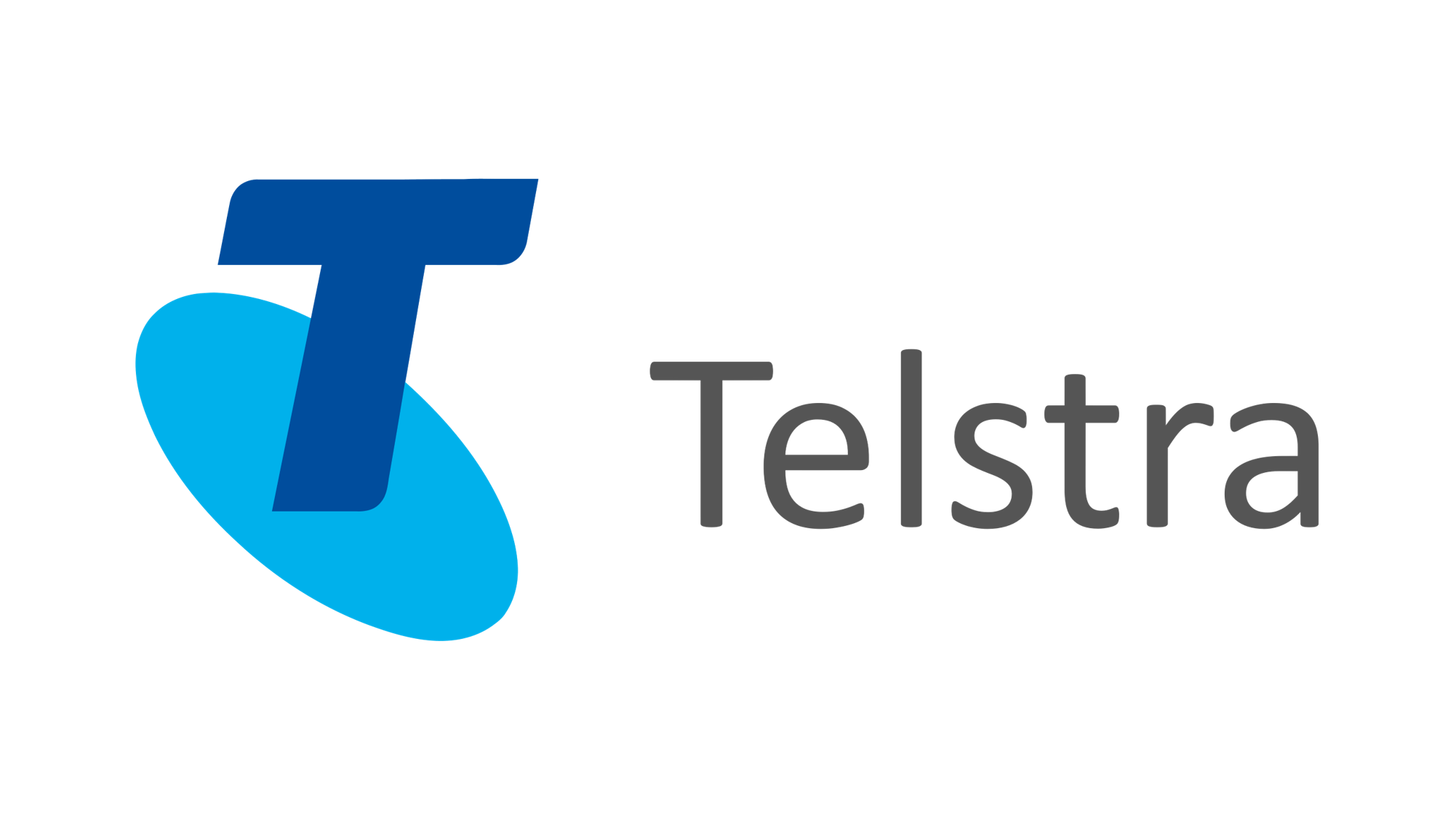Telstra has moved to effectively ditch post-paid mobile plans, removing plans that offer bills with 14 days to pay, and instead replacing them with bills payable on issue, automatically, by direct debit.
In a move which the telco says “will give greater price certainty” to consumers, all it really does is take away their flexibility.
Telstra announced the change today, claiming the change will allow you “to know exactly how much your plan will cost each month with no nasty surprises” … you know, exactly the same as their current mobile plans do.
Rather than allowing customers to receive a bill and have a set amount of time to be able to pay it, Telstra will simply direct debit the plan fee from the user’s nominated bank account.
For users who exist pay to pay – as many Australian’s do in a post-COVID world – having direct debits that come inflexibly on a set day can be a real nightmare; if a company debits a charge when there’s insufficient funds, it’ll either dishonour, or you’ll be charged an overdraft fee.
The plans have even been labelled “Upfront” plans by Telstra .. making them little more than automatically renewing pre-paid plans. The new plans will become the default by April 2021, with existing plans no longer being offered. Here’s how they work:
There are no more bills
Your monthly payment date is aligned to the start date of your new upfront plan. We’ll debit the monthly cost from your nominated payment method, credit card or bank direct debit, and give you a digital tax invoice once it’s been paid. You can view your payments and download your invoices using the My Telstra app.
Of course, Telstra has included some features which might entice new users, such as data sharing with up to 10 services on the same account. There’s unlimited talk and text on every plan, and 30 minutes of overseas calls (previously, you paid $10 extra for this).
All plans include unlimited data, with speed-limiting to 1.5mbps after included “full speed” data has been used. Starting at $55 per month for a 40GB plan, the plans don’t – for now – support international roaming, and they also won’t work with number-sharing smartwatches from Samsung or Apple.
Even eSim isn’t supported, and given Telstra kind of led the way with eSim, this is very disappointing.
From my perspective, this is a remarkably stupid move. Sure, it might save Telstra some difficulty in chasing delinquent accounts, but it also sets Telstra clearly apart from its competitors who will – you’d imagine – point out that allowing customers flexibility in payment terms is one of their drawcard features.
Given how many times Telstra has changed its plan offerings over the last couple of years, one imagines these Upfront plans might only last six months or so before being replaced with “all new and improved” post-paid plans again.




